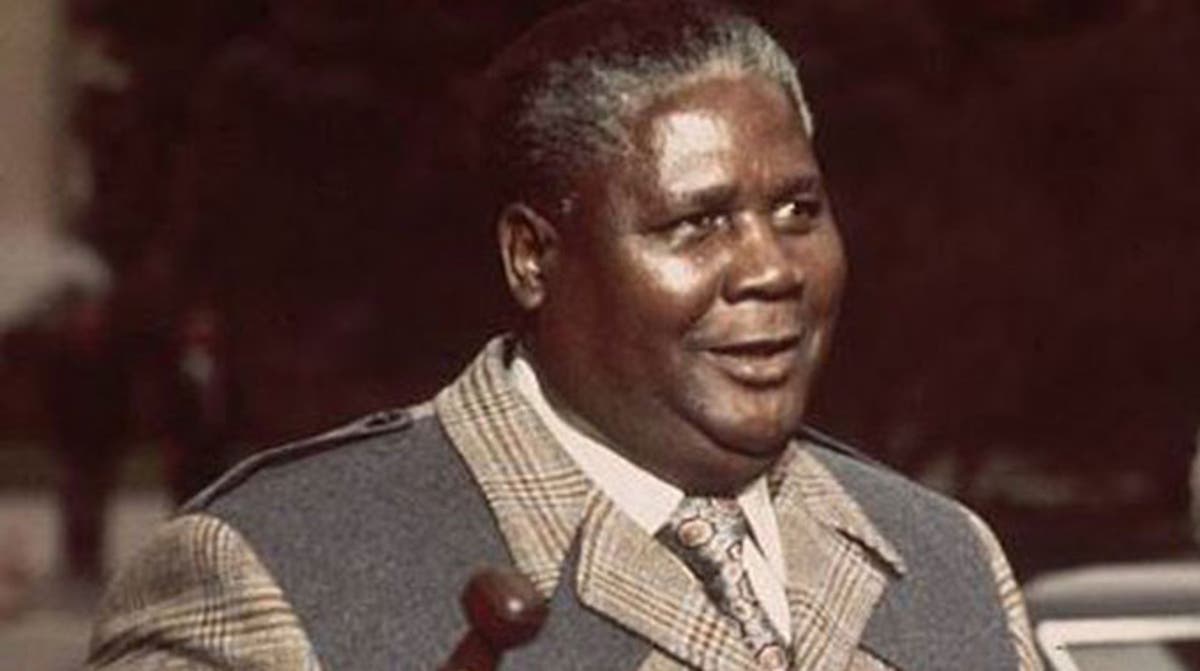THE Institute of African Knowledge (Instak) has partnered with the Joshua Nkomo National Foundation to spread the legacy of the late nationalist.
Instak is a Pan African organisation that is working to tell African stories from the African perspective.
“Dr Joshua Nkomo essentially fought for African people to be able to have their voices and be able to tell their own story in a manner that is unhindered politically. We are honoured to be part of a process of amplifying his efforts within the framework of the museum of African liberation,” head of Instak secretariat Kwame Muzawazi said during the signing of a memorandum of understanding between the two institutions.
He further said the best way of documenting African history was through those who were involved in the armed struggle.
“We do not have time, we need to make sure that everything is in one place so that generation after generation can come to learn. There is no better way of learning than documenting the lives of those who were at the centre stage of African history such as the late Nkomo,” said Muzawazi.
Joshua Nkomo National Foundation board of Trustee, B Moyo hailed the partnership.
“We are getting in partnership with Instak so that we can work with them. We were focusing on the vision of maintaining the image of Father Zimbabwe. Nkomo established a good working relationship with tee stemmed Pan African Nationalists,” he said.
Renowned historian Phathisa Nyathi, who was also part of the event, said there was a need for Africa to tell her own story.
“There are people who believe that there is no knowledge in the African continent and Africa seems to have accepted that tragedy. Africa is not going to go very far as long as they do not tell her own story from her perspective,” said Nyathi.
He added: “When we talk about Pan Africanism we must be clear what we mean. My view is that we are not Africans by being African residents on the continent. We are not Africans by black skins. We become Africans when we begin telling our own stories.”




